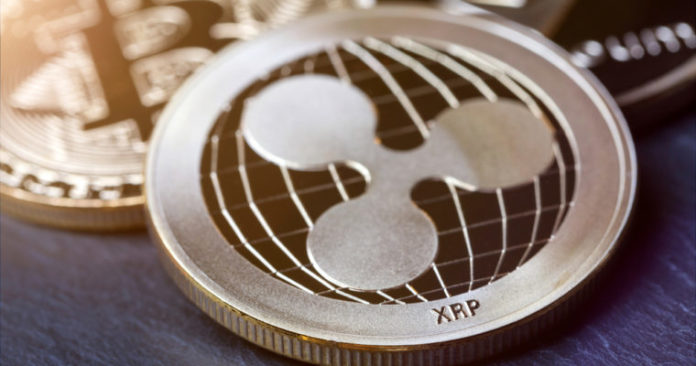[ad_1]
R3, the distributed ledger development company which introduced its first enterprise/open source product, Corda, in 2016, has released a new element of that software suite. A “universal settler” called Corda Settler, a “Cordapp” or Corda application, that aims to allow all the things that modern businesses may require of a blockchain product. It could eventually work as a translator between virtually all crypto tokens, as well as fiat currencies.
It functions by verifying that a sent payment was received and then updating the Corda ledger, and most cryptocurrencies will have no issue functioning on it. However, the first to be integrated by R3 is Ripple’s XRP token, which is notable given the legal battle that the two parties engaged in and over R3’s agreed-upon right to purchase up to 5 billion XRP at a fixed rate far below its current market value.
Ripple’s CEO had attempted to terminate the options contract, and R3 decided the matter would be best resolved in court because, as a countersuit alleged, R3 had failed to deliver on another agreement for access to R3’s banking network. The two eventually settled their differences in undisclosed terms, giving rise to speculation that this move to make XRP first on the Corda Settlement layer is a part of the settlement.
Corda Settler is Currency-Agnostic
An R3 employee explained the new Settler’s mechanics in the following video:
[youtube https://www.youtube.com/watch?v=pqbIBeP_0m8?feature=oembed&w=500&h=375]
As David Nicol explains, a receiving party in a Corda Settler initiated transaction doesn’t have to use Corda to receive the payment, and the sending party doesn’t have to use XRP or any cryptocurrency. The elements are simple: the transaction must be broadcast and noted as sent, and then the transaction must be confirmed as received. This means that you could send XRP or dollars and the user could use something entirely new in order to receive in whatever currency they like, meaning that banks and other financial institutions can build on the network with little overhead – they don’t have to fully integrate with R3’s technology stack if all they want to do is enable their clients to receive deposits from Corda-enabled services.
The actual settlement notification is broadcast by a “settlement oracle,” which can be operated by a number of different entities, including banks, exchanges, you name it. Participation in the Corda network is open, and development is open source. As R3 says in their blog post:
“The Corda Settler is an open source CorDapp that allows payment obligations arising on the Corda Network to be settled via any parallel rail supporting cryptocurrencies or other crypto assets, and any traditional rail capable of providing cryptographic proof of settlement. Uniquely, the Corda Settler will verify that the beneficiary’s account was credited with the expected payment, automatically updating the Corda ledger. In the next phase of development, the Settler will support domestic deferred net settlement and real-time gross settlement payments.”
The open nature of R3’s products means that potentially Ripple and others can copy and integrate them on their own, but this does not immediately give them the wide array of banks and financial firms who are funding R3 and contracting to use its enterprise products. Therefore, for some use cases, Corda will remain the best game in town for years to come. Over time, other Corda networks will be integrated into the Settler program, giving rise to what are essentially automated cross-chain transactions as well as the notion of sending fiat across blockchains, a goal that Ripple has been primarily working toward since its inception.
Featured Image from Shutterstock
[ad_2]
Source link

